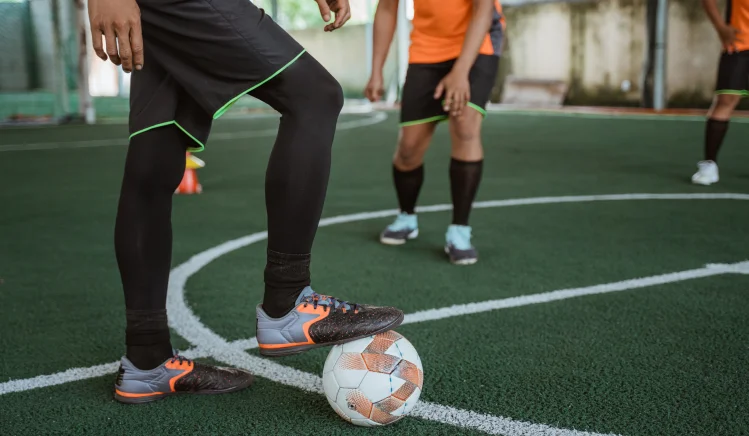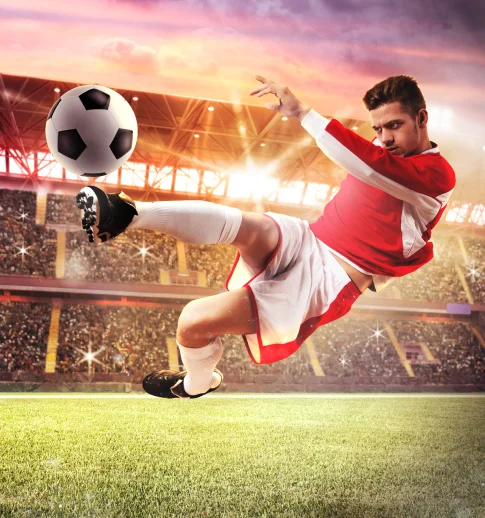
They need to be active and take the initiative not waiting for the adversary. We need to create players that are committed to their fellow players. When attacking, they should always seek and support the player with the ball: angles, displacements, move defenses out of the way. All are attackers. When defending they should help the whole team. They all defend. The sum of the parts is greater than one. Each player has a role, roles that the team needs. I like to train honest players: committed to the team, sacrificed in the effort, and in solidarity with colleagues who “give” everything for their team.
As you can see, answering all the questions of the introduction is part of my privacy as a football coach. There is no right or wrong answers, they are just guidelines that guide me as a Pro. I would like to know about your own philosophy and idea of football. Send me an email and let me know.
The first thing is to select which goals we want to achieve in each period, which content we will develop for these objectives, what methodology we will use, how to evaluate the objectives we have achieved and the improvement proposals for future intervention.




